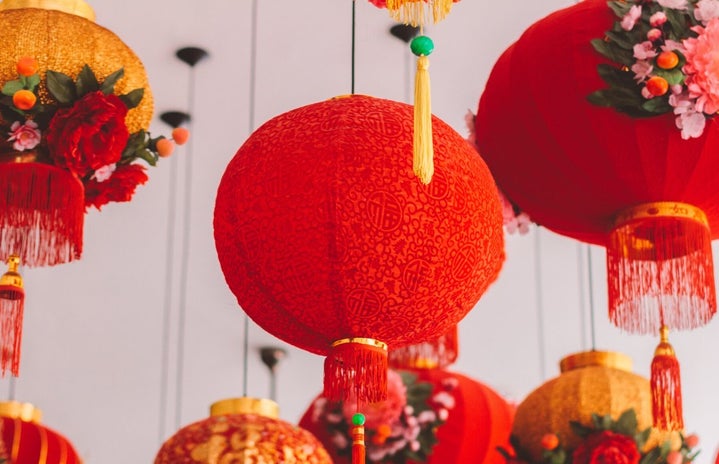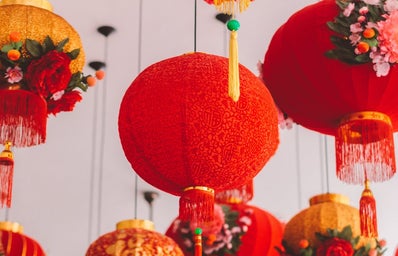I am adopted from China. It is and always has been a part of my story. With it comes the duality of being split between origin and upbringing. I have always known that I am Chinese, but only recently have I begun to think more deeply into how that affects my self-perception. In some friend groups, I have always been the one who looks “different.” I never thought that it affected me, but now when I see Asian representation in Hollywood, I realize that it did. Seeing more Asians in movies has given me a stronger sense of the Asian side of myself.
I identify as Asian racially, but culturally I identify as American. In social groups, it is strange because sometimes I act similarly to my friends but look different than them, and other times I look similar but act differently. It is almost like living in two worlds, but one is unfamiliar. Being adopted is an identity that I have recognized from the earliest time that I can remember. When I was younger, we would celebrate Chinese New Year with local families who had also adopted, but it felt strange. It was my culture, but at the same time, it wasn’t. It was our parents’ way of exposing us to our heritage at a young age. We even learned about different customs and food, but it still felt very “Americanized.” Looking back, I appreciate the lengths that parents went to celebrate their children and their stories.
People often ask if I speak Chinese and sometimes friends talk about Asian culture that I have never taken part in. Sometimes it takes a moment for people to realize that my mom and I are, in fact, mother and daughter. A man in Walmart once even asked me if I was a foreign exchange student. Some people even expect me to have an accent or speak Mandarin when I first meet them. Neither is true. Socially, there are expectations that my whole family is Asian, so I often tell new acquaintances that I am adopted early on.

Being adopted and not resembling my family physically makes me more perceptive to others who are also adopted. When my mom and I go shopping and out to eat at restaurants, we notice other white families with Asian (or just non-white) kids. We will kind of look at each other and mention it in passing. It is always fun to see other families that look like mine because they aren’t often portrayed in mainstream media. International adoption isn’t a huge talking point in tv shows and movies, but it’s far more common than many realize, so next time you go shopping, keep an eye out.
Being adopted is my story and the story of many others. It has its moments of awkward questions and assumptions, but it is just like every other familial relationship, whether we look alike or not. Even though we may not share blood, my family and I share so many other things that make blood irrelevant. I have learned to handle the duality of being Asian-American, and being adopted makes my story my own.
Want to see more HCFSU? Be sure to like us on Facebook and follow us on Instagram, Twitter and Pinterest!



